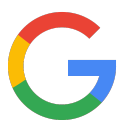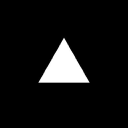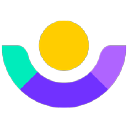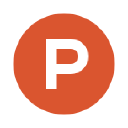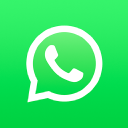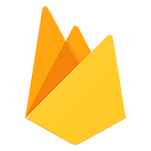How I Started A $30K/Month Note-Taking App [$1M Raised And 2,500+ Customers]
Hello! Who are you and what business did you start?
Hi, my name is Alex and I started a note-taking app called Reflect. Essentially, we sell a note-taking tool similar to Apple Notes, but when you get into it, with a ton more features that are designed to help you think and improve your quality of life.
I started the company about two years ago and it has been quite a long journey to get to this point. B2C is obviously a lot harder than B2B to make money and also the product bar is much higher. Especially in our space, note-taking is a highly complex thing to pull off, programmatically speaking, but it's been a lot of fun.
Today, we make just over $30k MRR. We have raised a crowdfunding round of just over a million dollars and we have four full-time people working at the company.

What's your backstory and how did you come up with...
Sorry, you need to login and/or become a member to view the rest of this content.
 Free Download
163 Million Dollar Solopreneur Business Ideas
Free Download
163 Million Dollar Solopreneur Business IdeasDownload the report and join our email newsletter packed with business ideas and money-making opportunities, backed by real-life case studies.
Get The Report
 Free Download
163 Million Dollar Solopreneur Business Ideas
Free Download
163 Million Dollar Solopreneur Business IdeasDownload the report and join our email newsletter packed with business ideas and money-making opportunities, backed by real-life case studies.
Get The Report
 Free Download
163 Million Dollar Solopreneur Business Ideas
Free Download
163 Million Dollar Solopreneur Business IdeasDownload the report and join our email newsletter packed with business ideas and money-making opportunities, backed by real-life case studies.
Get The Report
 Free Download
163 Million Dollar Solopreneur Business Ideas
Free Download
163 Million Dollar Solopreneur Business IdeasDownload the report and join our email newsletter packed with business ideas and money-making opportunities, backed by real-life case studies.
Get The Report
 Free Download
163 Million Dollar Solopreneur Business Ideas
Free Download
163 Million Dollar Solopreneur Business IdeasDownload the report and join our email newsletter packed with business ideas and money-making opportunities, backed by real-life case studies.
Get The Report
 Free Download
163 Million Dollar Solopreneur Business Ideas
Free Download
163 Million Dollar Solopreneur Business IdeasDownload the report and join our email newsletter packed with business ideas and money-making opportunities, backed by real-life case studies.
Get The Report
 Free Download
163 Million Dollar Solopreneur Business Ideas
Free Download
163 Million Dollar Solopreneur Business IdeasDownload the report and join our email newsletter packed with business ideas and money-making opportunities, backed by real-life case studies.
Get The Report
 Free Download
163 Million Dollar Solopreneur Business Ideas
Free Download
163 Million Dollar Solopreneur Business IdeasDownload the report and join our email newsletter packed with business ideas and money-making opportunities, backed by real-life case studies.
Get The Report
More Business Ideas Like This

Download the report and join our email newsletter packed with business ideas and money-making opportunities, backed by real-life case studies.

Download the report and join our email newsletter packed with business ideas and money-making opportunities, backed by real-life case studies.

Download the report and join our email newsletter packed with business ideas and money-making opportunities, backed by real-life case studies.

Download the report and join our email newsletter packed with business ideas and money-making opportunities, backed by real-life case studies.

Download the report and join our email newsletter packed with business ideas and money-making opportunities, backed by real-life case studies.

Download the report and join our email newsletter packed with business ideas and money-making opportunities, backed by real-life case studies.

Download the report and join our email newsletter packed with business ideas and money-making opportunities, backed by real-life case studies.

Download the report and join our email newsletter packed with business ideas and money-making opportunities, backed by real-life case studies.

